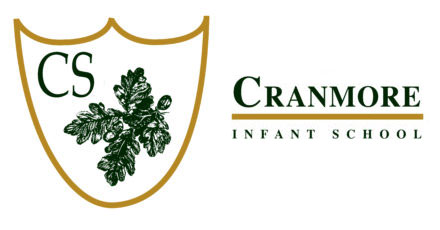English
The English Curriculum follows the guidelines laid down in The National Curriculum.
When teaching English to children we focus on four aspects: Reading, Writing, Speaking and Listening and Phonics. These four aspects are taught both in their individual right as a stand-alone subject and also as part of our integrated thematic curriculum.
Reading
We aim to make the children at Cranmore lifelong readers who gain real enjoyment from books. From the earliest stages the children encounter a wide variety of texts including poetry, plays, stories and information. They are encouraged to read for pleasure and the well-stocked school library is used for children to browse, select books to read at home, or to carry out research to support topic work. We try to create an environment in which the children are surrounded by print of all kinds, including signs, labels and notices.
Our main reading schemes are Oxford Reading Tree and Collins Pathways, but we supplement these with graded texts from Discovery World (non-fiction) and Rhyme World (rhyming stories to teach phonic skills). We also have collections of books by notable authors such as Roald Dahl, Allan Ahlberg, and Jill Murphy enabling children to develop their own preferences in reading.
Our classrooms promote our strong ethos of reading around school with eye catching and inviting Book corners. Children are encouraged to have a wide and varied knowledge of authors through a progressive author study programme. Parents are also encouraged to support their child with their reading development by attending weekly reading mornings in their child’s class and filling in their child’s reading diary.
Phonics
At Cranmore we follow the Bug Club Phonics Programme for phonic development.
Teaching phonic skills has a high profile at Cranmore and as well as having a daily phonics session, these skills are also taught in the context of reading meaningful texts. The children learn a range of strategies to help them read independently with understanding and enjoyment.
The children in Key Stage One have weekly Spellings that are sent home to be learned. These spellings are linked to the phonic patterns that they are learning that week during their Phonics lessons.
Whole school long term curriculum plan (PDF)
Subject Progression Overviews:
Further Information
Reading and Phonics presentation – Foundation Stage (PDF)
